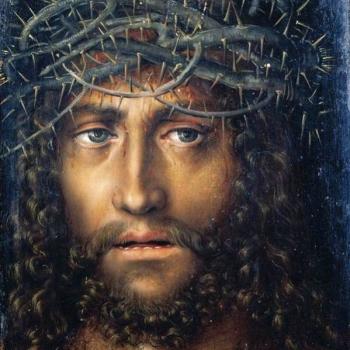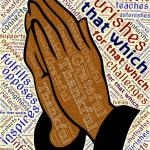John Grisham is clearly the king of American legal thrillers. He has no equals. Returning once more to his home state of Mississippi which he knows so well (though he has lived in Charlottesville Va. for many years), Grisham shines a light on the seamy underbelly of the Dixie Mafia located along the coast. In some ways this novel reminds me when I was young and used to pull up the colorful plastic doormat on the front porch, only to reveal various disgusting bugs of various sorts, including what I used to call rolly polly bugs who would roll up in ball when exposed. Now I’ve visited that coast just after hurricane Katrina in 2005 and saw things in Biloxi and Gulfport and New Orleans that were simply astounding— not only did I see widespread devastation and a large casino boat turned over on its side, I saw the steeple of the Baptist Church which had been ripped off the church and was stuck horizontally in a large oak tree. John Grisham begins his saga about Biloxi starting back with the immigrant surge of Croatians and other eastern Europeans in the earlier part of the 20th century, but pretty quickly he gets to the hurricane story of 1969 when Camille, as a category 5 hurricane destroyed much of the region. Like a long slow hot and humid Mississippi day, Grisham takes his time unwinding this particular story which exceeds 450 pages (available for about $16 on Amazon). Here’s the summary about the book on Amazon….
“For most of the last hundred years, Biloxi was known for its beaches, resorts, and seafood industry. But it had a darker side. It was also notorious for corruption and vice, everything from gambling, prostitution, bootleg liquor, and drugs to contract killings. The vice was controlled by small cabal of mobsters, many of them rumored to be members of the Dixie Mafia.
Keith Rudy and Hugh Malco grew up in Biloxi in the sixties and were childhood friends, as well as Little League all-stars. But as teenagers, their lives took them in different directions. Keith’s father became a legendary prosecutor, determined to “clean up the Coast.” Hugh’s father became the “Boss” of Biloxi’s criminal underground. Keith went to law school and followed in his father’s footsteps. Hugh preferred the nightlife and worked in his father’s clubs. The two families were headed for a showdown, one that would happen in a courtroom.
Life itself hangs in the balance in The Boys from Biloxi, a sweeping saga rich with history and with a large cast of unforgettable characters.”
This novel is not like some of Grisham’s best page turners. It develops gradually and at its own pace, never rushing to the climax or conclusion. You’re supposed to savor the flavor of Grisham’s ability to describe the ethos of a place and then tell a tale of interest about that region. Something unusual happens towards the end of the novel, and I don’t mean an unexpected plot twist. I mean what the British call howlers, obvious mistakes. To wit, on p. 412 we are told that the local corrupt sheriff shot himself in the head and died. On the very next page we are told he was freezing in Maine. Then on p. 414 the same sheriff is back behind bars. How many lives does this crook have? Grisham is usually very careful in his plotting and consistency checks.
The larger issue raised by this good novel is the issue of justice, or clemency. And what really counts as justice– a fair trial and fair conviction and fair sentencing for some crime committed? Or as Joni Mitchell once asked, is justice, just ice. Is it a governmental form of revenge taking? And why actually would the taking of one person’s life be justice, even if that person had killed someone else? Justice for whom? The dead person? But the dead person is beyond retrieval, and beyond satisfaction for the payback for the crime committed against him. So then is it justice for the deceased person’s family, even allowing that crime should be punished and justice is supposed to be impartial, enforcing of the law regardless of the person who committed the crime? No one should be above the law. These sort of questions are complex. And why is it that the states that seem to be most anti-abortion are the same ones that are most pro-capital punishment.
It is the property of a good legal novel to raise deeper questions like these, and John Grisham knows how to do it well besides also spinning a good yarn. Keep em coming John.
















